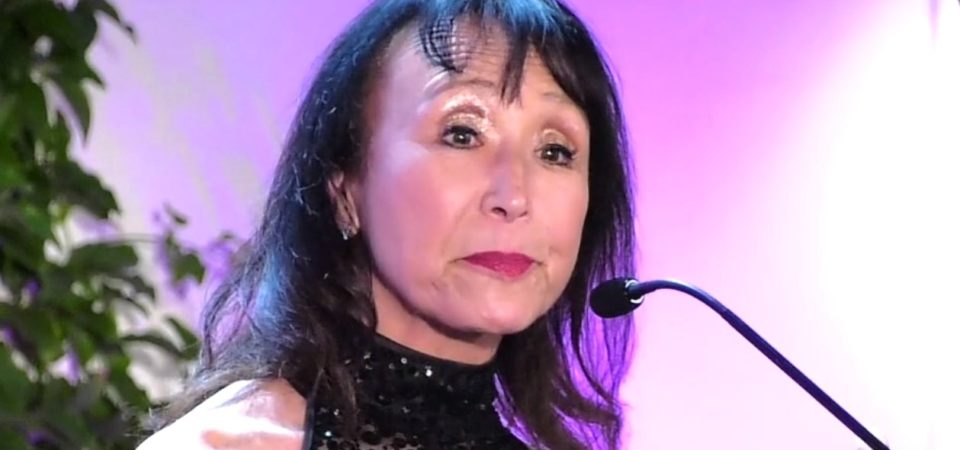Item Link: Access the Resource
Date of Publication: December 19
Year of Publication: 2023
Publisher: FSM
Author(s): Esther Afolaranmi
Miyoko Schinner is a renowned vegan chef, entrepreneur, and advocate for plant-based living. She’s a prominent figure in the vegan community and her insights on sustainability, animal welfare, decolonization, and the culinary aspects of plant-based diets are widely respected.
The Fair Start Movement, dedicated to advocating for equitable food systems and guaranteeing a fair start for all children, recently engaged with Miyoko in an enlightening conversation. This interview sheds light on their collaborative efforts toward sustainability, food justice, animal rights protection, and other ethical issues.
Interview Context: The discussion between Miyoko Schinner and Carter Dillard centered on the shared goals of promoting sustainable, plant-based diets and addressing food disparities in communities.
Highlights:
- The critical role of plant-based diets in mitigating environmental impact.
- Strategies for addressing food deserts and enhancing access to nutritious meals.
- Collaborative efforts in advocating for policy changes to support sustainable food systems.
- The role of decolonization as an overarching frame for social justice movements like veganism and animal rights.
Miyoko has been passionate about animal rights since she was 12 when she went vegan. Her early recognition of the impact of dietary choices on animal welfare, coupled with her subsequent journey as a prominent figure in the vegan community, likely provides her with a unique perspective and depth of understanding regarding the ethical, environmental, and health-related aspects of veganism and the larger context of decolonizing food and other systems.
Read the full article and watch the interview here.
The views and opinions expressed through the MAHB Website are those of the contributing authors and do not necessarily reflect an official position of the MAHB. The MAHB aims to share a range of perspectives and welcomes the discussions that they prompt.
